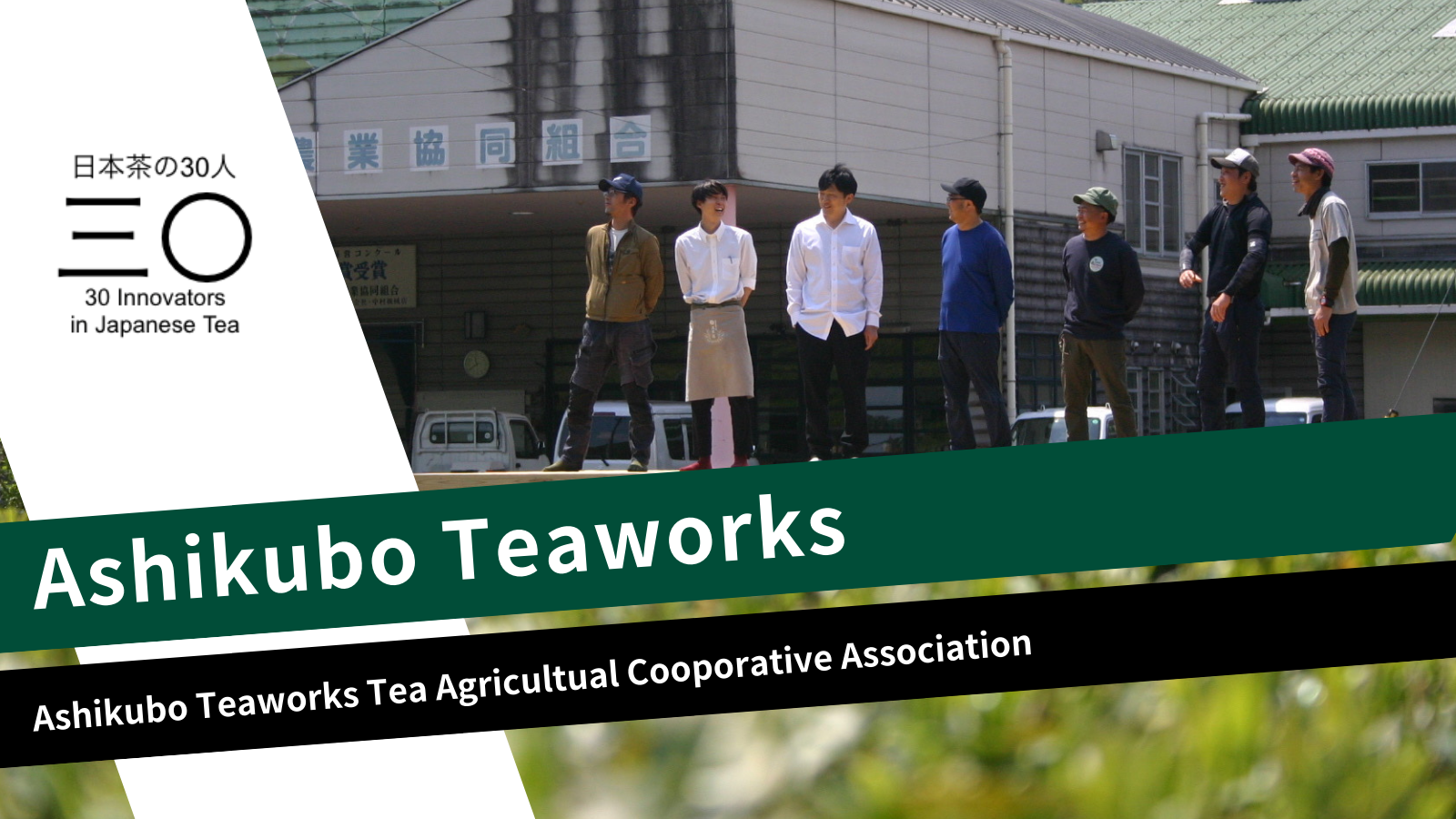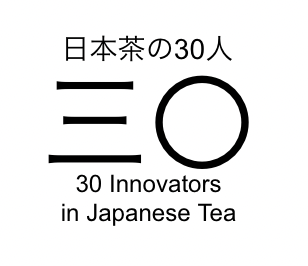Have you heard of CSA?
CAS means Community Supported Agriculture.
Farming involves risks such as crop failure due to weather, pests and diseases, typhoons and other disasters, rising material and fuel prices, and price fluctuations in the market, all of which are usually borne by the farmer.
Farmers do not earn a penny for six months to a year (while they are planting, growing, harvesting, and shipping) until wholesalers and consumers purchase their produce. However, this natural fact increases the initial investment in agriculture, worsens cash flow, and makes management risky. This leads to a situation where the number of new farmers decreases and we end up with the current situation where only the elderly who receive pensions (and have regular income) can continue farming.
CSA (Community Supported Agriculture) is a system in which consumers share the business risks faced by farmers. It started in the U.S. in the 1980s and has spread in Europe, and other countries. Since the 2000s, the number of cases of CSA in Japan has gradually increased.
We spoke to Ashikubo Tea Works, which has been implementing CSA in the form of a Tea Farm Owner System since 2021. Here consumers and producers support each other as an ideal form of sustainable agriculture.
Ashikubo Tea Works
Ashikubo Tea Works is a group of tea farmers who love tea in Ashikubo, the birthplace of Shizuoka tea. They created the black tea brand – Hajimari no Kocha with the hope of passing on Ashikubo’s tea to the future. Because they are Ashikubo tea farmers, they carefully produce and deliver their products one by one, using a special production method. With the motto of conveying the appeal of tea to their customers directly, they hold events like tea picking experiences and factory tours, operate a tea field terrace cafe, and open pop-up stores throughout the country.
Contents
- 1 Ashikubo Tea Works is working on creating a system where producers and consumers support each other.
- 2 Creating fans, not status. What is the next step for the Tea Farm Owner System that has been in place for three years?
- 3 Ashikubo tea has been passed down from generation to generation and will be passed down to future generations. Uncovering the qualities of Japanese tea that can be seen from the outside.
- 4 How do we make the best use of the material called Japanese tea and in what form do we convey it to our customers? Japanese tea is interesting, as nowadays we have to think of these things.
Ashikubo Tea Works is working on creating a system where producers and consumers support each other.
Q: Please tell us about the activities of Ashikubo Tea Works.
Hojo: Our motto is to sell the tea we grow and produce ourselves while conveying its appeal, and we are engaged in the entire process from tea production to sales. We cultivate and process our tea, manage the terrace cafe, produce black tea brand Hajimari no Kocha, have an online shop, hold events and even operate a Tea Farm Owner System.
The management team consists of 6 full-time members who are responsible for the overall operation of the Aracha factory and about 20 associate members who are tea farmers. Through trial and error, we determine the specifics of the tea farm and what kind of tea to produce.
Q: What kind of people are the members of the Ashikubo Tea Works?
Hojo: We have a group of highly motivated people: tea farmers who love their hometown and staff who love tea.
Most of our members are tea farmers from Ashikubo, but we have members from all over who share our spirit of loving tea and wanting to sell it by ourselves. Some members are from Hokkaido.
Creating fans, not status. What is the next step for the Tea Farm Owner System that has been in place for three years?
Q: What is the Tea Farm Owner System?
Hojo: The Tea Farm Owner System allows people to learn about Japanese tea, such as what kinds of tea there are, how they are managed, and how they are made, and to enjoy a life with Japanese tea. We started in 2021 and 2023 was the third year. Currently there are about 150 members.
Until 2023 for a donation of 18,000yen per year Tea Farm Owners could receive tea 4 times a year, and could visit tea factories, participate in tea picking, weeding and fertilizing activities. There was also an option called My Tea Tree Plan, where they could try planting their own Japanese tea seedlings.
However, three years after the start of the program, the number of subscriptions has plateaued, and we are now in the process of reviewing the system. The system used to be more about status and support, but now it would be great if Tea Farm Owners became more like fans of Ashikubo tea.
Therefore, we are considering a system that allows people to enjoy life with Japanese tea by growing Japanese tea with us, continuing to drink the processed tea, and enjoying tea and food pairings.
To achieve this, we will not only provide Japanese tea, but also sweets made with Japanese tea, tea utensils for brewing tea, and lectures on how to brew the tea, all of which convey the total appeal of Japanese tea. The new program will start next year and will focus on growing the number of new tea fans.
Q: What is the best way to grow the number of Japanese tea fans?
Hojo: For the past few years we have shown our customers how dedicated we are in making the tea, from soil preparation to cultivation and processing. Our customers are pleased with it and value our tea.
I think it is wonderful that through the sixth industrialisation (integration of primary secondary and tertiary industries) everything from production to sales can be integrated. There are some things that we have not been able to convey, but when we are able to convey what we wanted to convey, the joy we feel is unmatched by any other job. It may be a bit much to say that it is the best part of life, but I feel that it is definitely the best part of the sixth industrialization.
Q: Please tell us about Hajimari no Kocha.
Hojo: We, Ashikubo Tea Works, have worked together to develop and produce a brand of black tea called Hajimari no Kocha.
In order to convey our commitment to Hajimari no Kocha and other teas we make ourselves, we believe it is important to let people know about them through face-to-face sales and the ownership system, so seven years ago we started a cafe. Recently, we have been opening stalls at events in the Tokyo metropolitan area.
The cafe is named Terrace Cafe in the hope that customers will enjoy their tea while gazing at the tea factory and tea fields from the terrace.
At Ashikubo Tea Works, we are making various efforts to promote the goodness of Hajimari no Kocha and Japanese tea, and we hope that eventually everyone will be able to drink tea on a daily basis.
Q: What demographic is Ashikubo Tea Works targeting?
Hojo: I feel that the demand for tea as a luxury item is increasing, especially among young people who say “I am going to have this black tea today” or “ I am having ohagi – rice dessert, so I am going to pair this deep-steamed tea with it”.
For this reason, we would like to introduce the appeal of Japanese tea to a new audience, especially young people, who have little exposure to Japanese tea.
Q: Of all the Japanese teas sold at Ashikubo Tea Works, is Hajimari no Kocha by far the best seller?
Hojo: Actually, not really. Because we have a share of local grandmothers, etc., so green tea sells quickly around May, when the new season tea comes out. Black tea sales are year-round. However, I think black tea sales are higher than green tea sales these days.
We would be happy if those who like green tea could try our Japanese black tea, and those who are interested in our Japanese black tea could try our green tea.
Q: What does Japanese tea mean to the Ashikubo Tea Works?
Hojo: For us at Ashikubo Tea Works, Japanese tea is a way of life itself. It is a natural and indispensable part of life.
Therefore, although there is a sense of crisis that the company may disappear in our generation, there is no feeling of wanting to quit because it is not profitable as a job. We are having fun trying to figure out how we can remain in business through trial and error every day.
Q: What are the difficulties in working with Japanese tea?
Hojo: One of the difficulties is that many people do not know about Japanese tea. The tea industry has not evolved much in the 30~40 years since its peak in the Showa period. Perhaps it is our role to move the time that has stopped.
I believe that our mission is not only to think about the material – Japanese tea, but also about how to utilize it and propose it to our customers. I find it interesting, not difficult.
If the goal in the past was to sell the product to the wholesaler and be done with it, now we are expected to make products that meet the needs of our customers. Therefore, I believe that the scope of our work has simply changed.
Q: What is Ashikubo Tea Works’ vision for the future?
Hojo: The vision of Ashikubo Tea Works is based on the premise I mentioned earlier, “to pass down Ashikubo tea, which has been passed down from generation to generation, to the future”.
Currently tea farm management is difficult. However, we would like to do everything necessary to continue making Japanese teas one by one. In terms of numbers, we would like the retail business to double in size, but we have not decided on the final details yet.
Recently, home gardening and camping have become popular all over the country, especially in urban areas, but for us farmers, such activities are part of our daily routine, and to be honest, we do not know what is fun about them. However, when I see people enjoying what they are doing, I feel that they are returning to their roots and becoming more interested in farming and countryside life. Therefore, I think that if we can successfully create a welcoming environment for people who are passionate about their own vegetable garden or who are tired of working as salaried workers and want to work in nature, we will be able to increase the number of new farmers.
The countryside has an appeal that you notice only when you go outside, not when you are inside it. In that sense, I believe the same is true for Japanese tea. I would like to discover and convey the good qualities of Japanese tea that are surprisingly unnoticed while inside the tea industry, but which can be noticed by looking at it from the outside.
Ashikubo tea has been passed down from generation to generation and will be passed down to future generations. Uncovering the qualities of Japanese tea that can be seen from the outside.
Q: What is the mission of Ashikubo Tea Works and you personally?
Hojo: The reason why I myself started to get involved with Japanese tea is because I grew up watching the backs of my parents who were tea farmers, and I felt frustrated that the tea industry was in decline. There are many attractive things about Japanese tea, but too few people know about it. So, our mission is to firmly convey the value of Japanese tea that we inherited from our parents, and to turn that into our business.
How do we make the best use of the material called Japanese tea and in what form do we convey it to our customers? Japanese tea is interesting, as nowadays we have to think of these things.
Q: In your eyes, are there any interesting initiatives, benchmarks, or rivals?
Hojo: I am interested in pairing tea with sweets and food. There are many things that become delicious when paired with Japanese tea, and I wonder if there are hidden hints for selling Japanese tea.
Japanese tea is just a material, and I think it is up to the person to decide on the service and sales method to deliver it, whether to make it into alcohol, collaborate with izakaya restaurants, make it into sweets – whether to make the most of it or to kill it. In this sense, I usually check out excellent cuisine from other industries and products sold by professional sales staff.
Q: What do you think the future of the tea industry will look like? Also, what do you want it to look like?
Hojo: The matcha industry is currently growing, but I think the future for sencha will be quite difficult.
I feel that those who have a focus on what they make will remain, while for those who do not, it will only get tougher and tougher.
If more people can communicate the proper temperature for brewing Japanese tea, how to cool the water, and other things like that, I think the future of the tea industry will change.
I want to work hard to increase the number of people who find it important to have time for enjoying tea as well as to create a culture where the value of tea rises.


